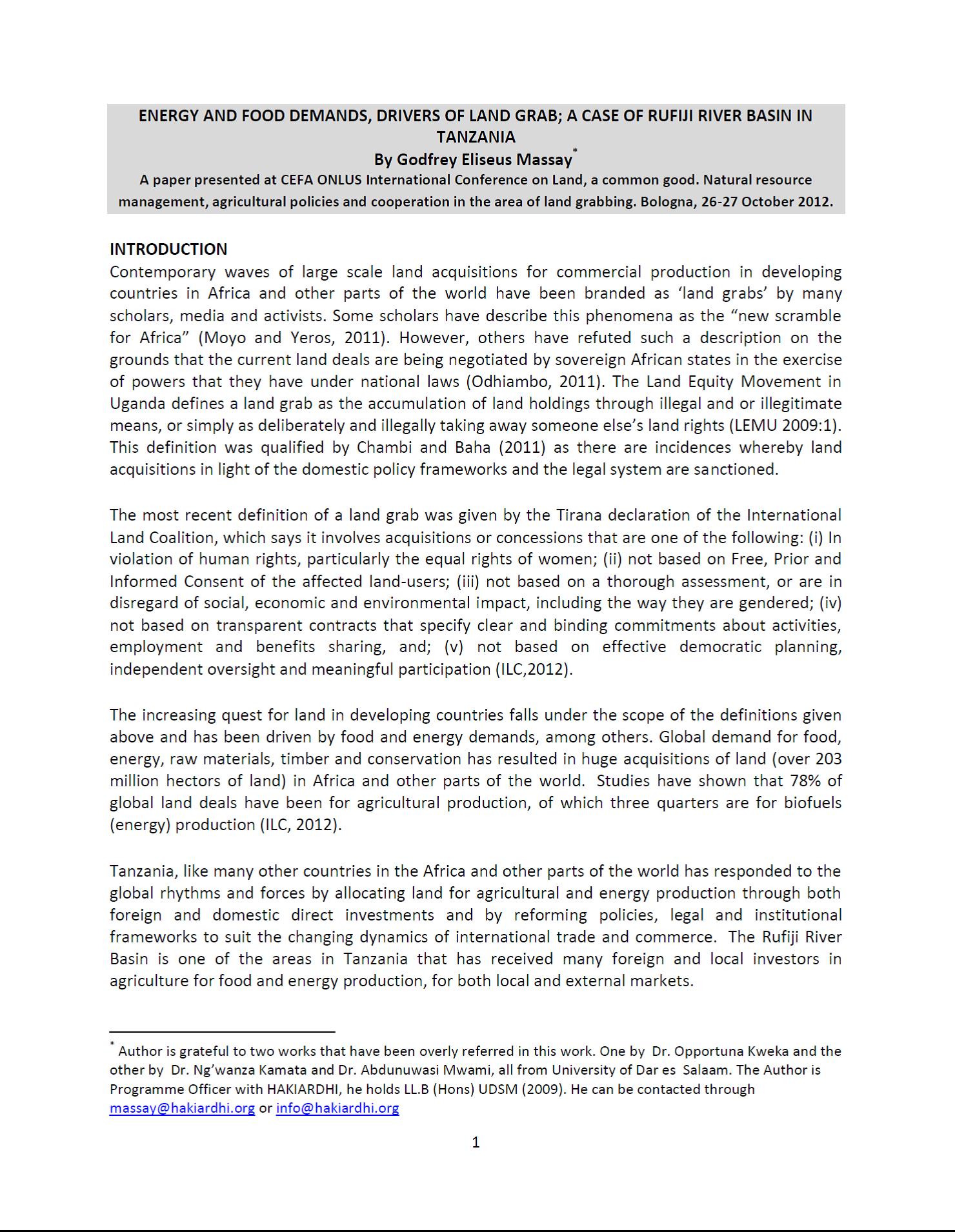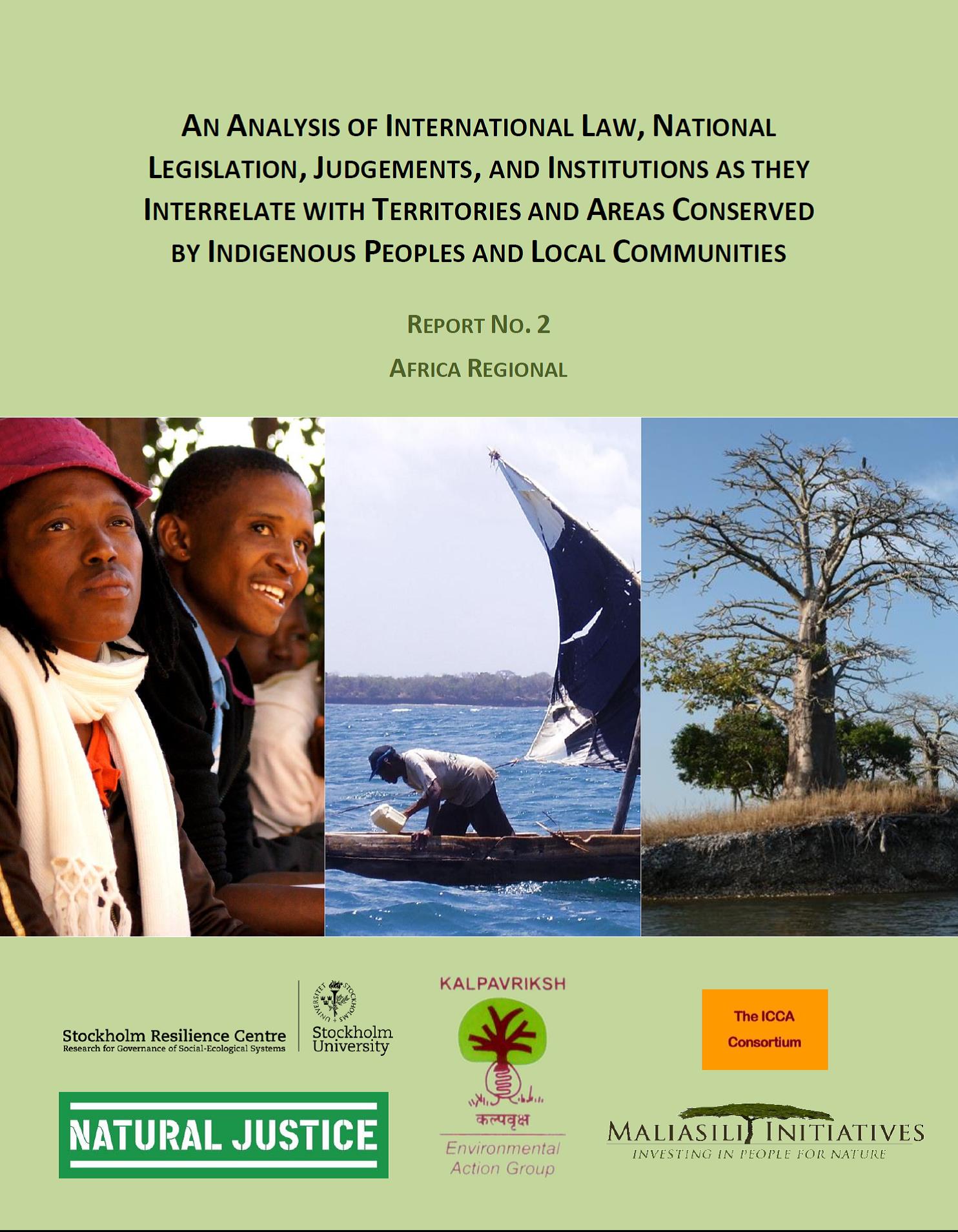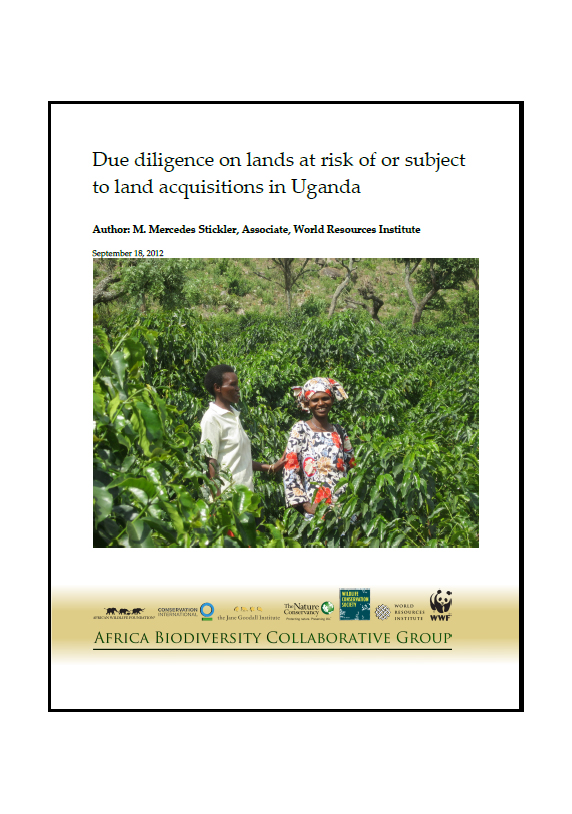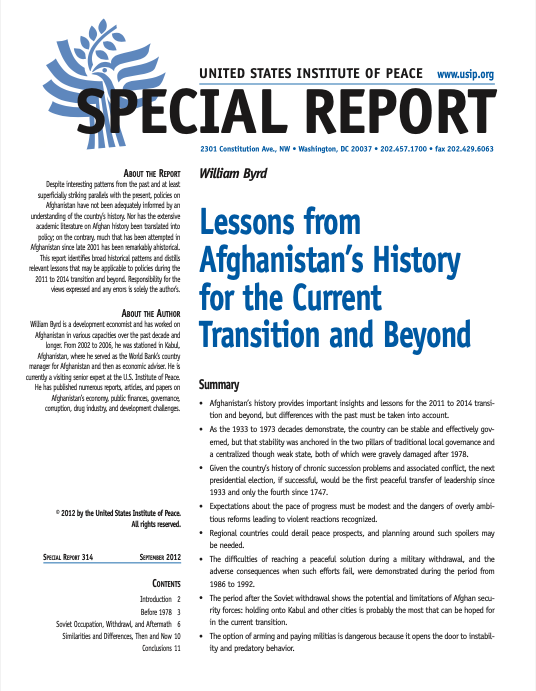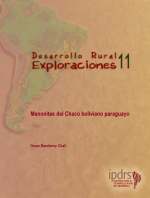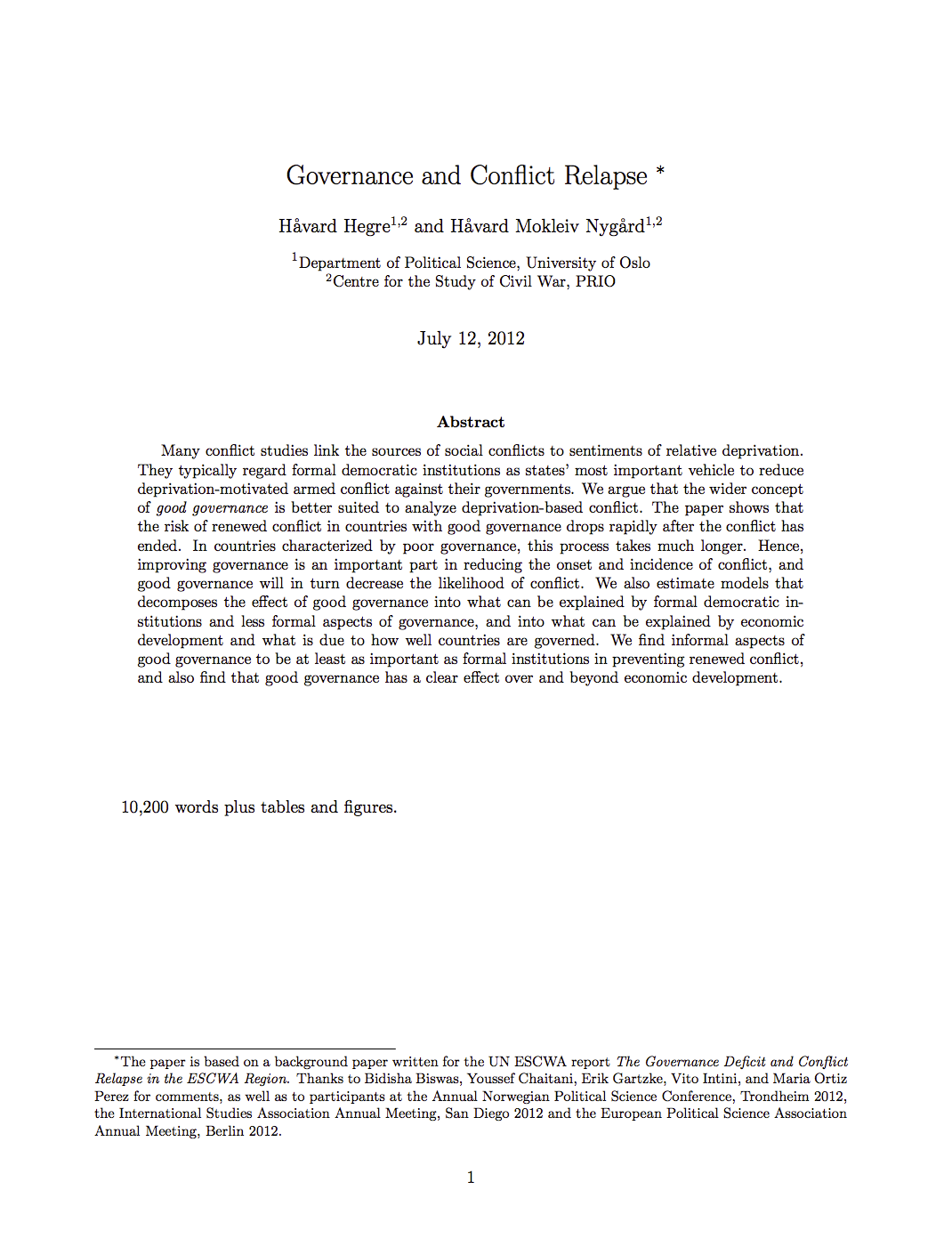Blood and Gold: Inside Burma's Hidden War (video)
Deep in the wilds of northern Myanmar's Kachin state a brutal civil war has intensified over the past year between government forces and the Kachin Independence Army (KIA).
People & Power sent filmmakers Jason Motlagh and Steve Sapienza to Myanmar (formerly Burma) to investigate why the conflict rages on, despite the political reforms in the south that have impressed Western governments and investors now lining up to stake their claim in the resource-rich Asian nation.


